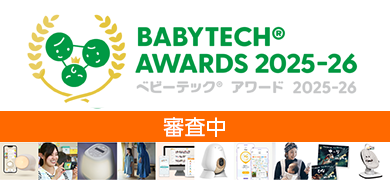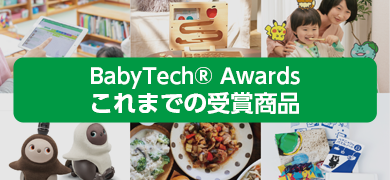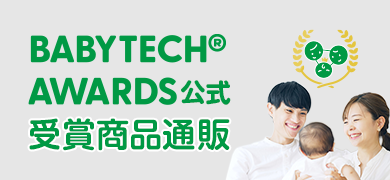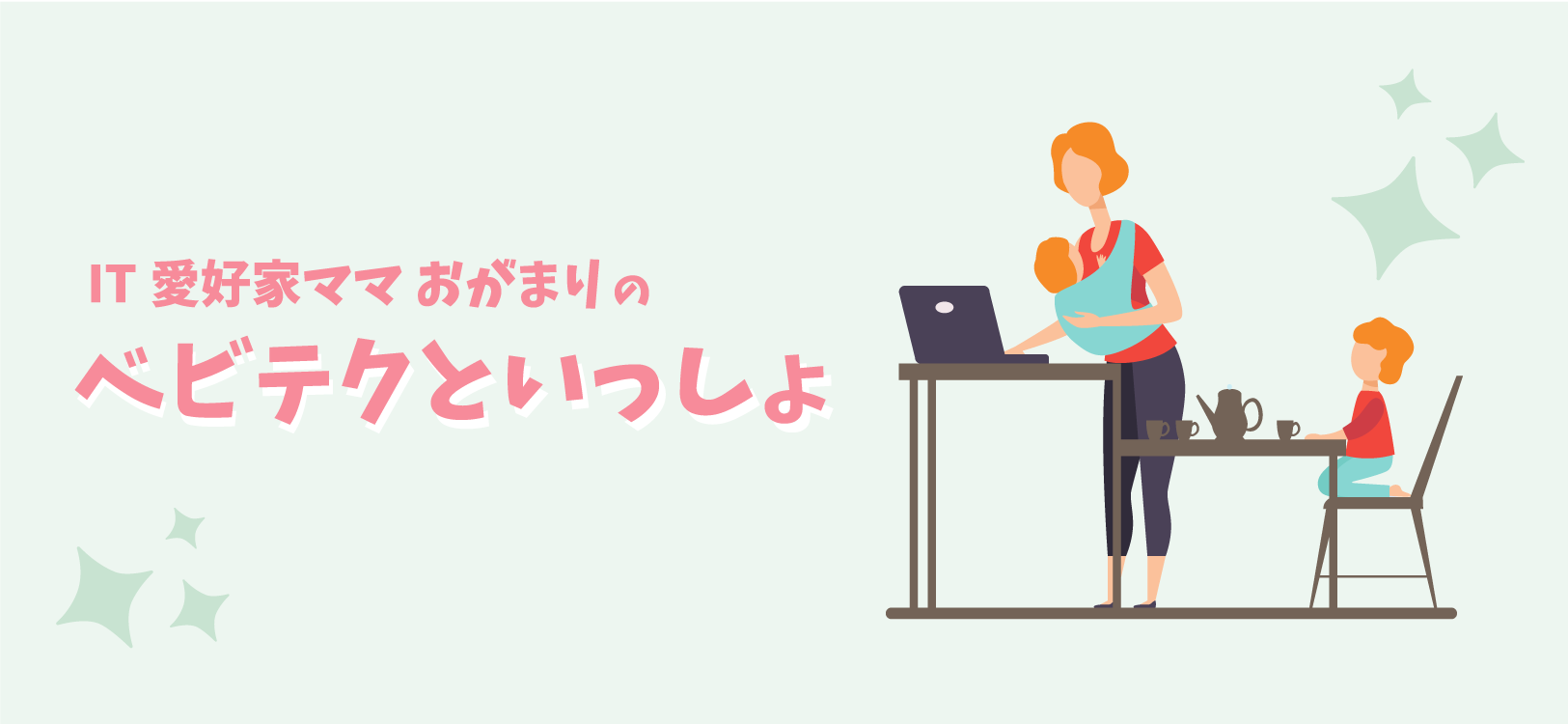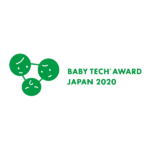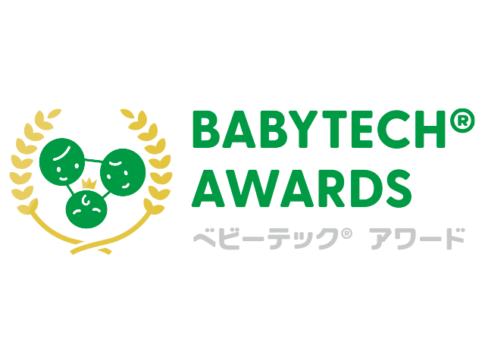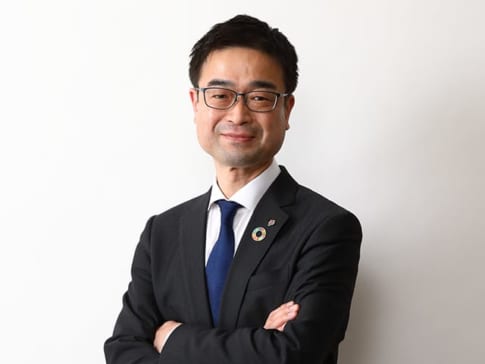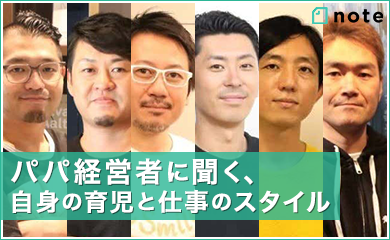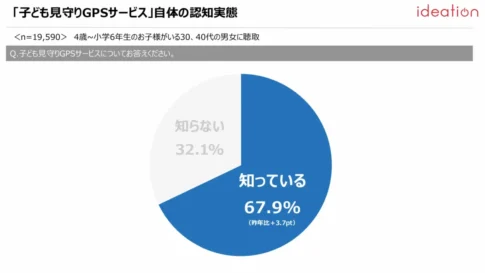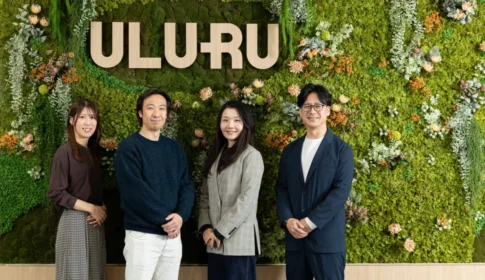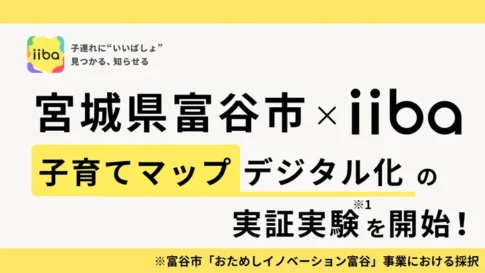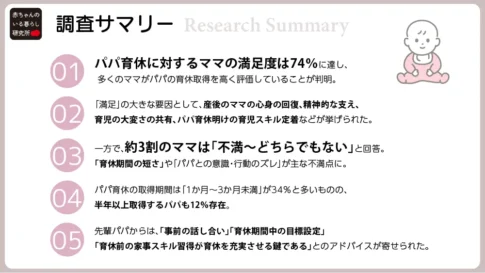- Train "thinking skills" to survive in the future.
- There are a variety of ways to approach a child's learning situation.
- Technology and human support combine to motivate children.
Various educational services for preschool children are appearing one after another. The "RISU KITZ" service introduced here is also an educational service for children who have not yet entered elementary school, but it is unique in that it specializes in "math" among the relatively wide variety of educational materials for preschoolers. Japan K.K., the company that provides the service, to learn more about the service, how it was developed, and how it will be developed in the future.
(We spoke to...)
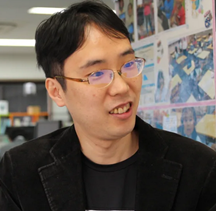
RISU Japan K.K. Representative Director and CEO
Tomotaka Imaki
RISU KITZ" specializes in "basic arithmetic skills = developing the ability to think
Editorial:Let me start by asking you about the features of "RISU KIZU" and how it differs from other companies' educational services for preschool children.
Imaki:RISU KITZ" is a tablet-based math learning service, which helps students develop "basic arithmetic skills" by taking them through the first half of the first grade of elementary school, such as "how to read numbers," "addition and subtraction," and "clocks. The first feature that can be mentioned is RISU's unique "Grade Support System. The "pinpoint support for stumbling blocks" provided by this system is one of the greatest features of "RISU KITZ.
In addition, a "Text-To-Speech Support Function for Question Writing" is included as a standard feature so that even children who have concerns about reading hiragana can use the program. This makes it possible to study not only arithmetic, but also hiragana and words. In addition, the teaching materials are designed to help students acquire "logical thinking" and "application skills" that can be used throughout their lives by asking many questions that test their thinking ability.
As for the difference between RISU KICZ and similar services of other companies, we do not see RISU KICZ as a "supplement to schoolwork" like existing tablet materials, but rather as a "teaching material that raises academic ability itself through anticipatory learning and questions that challenge students' thinking skills. Therefore, we believe that our service is fundamentally different from those of other companies in terms of what we aim to achieve.
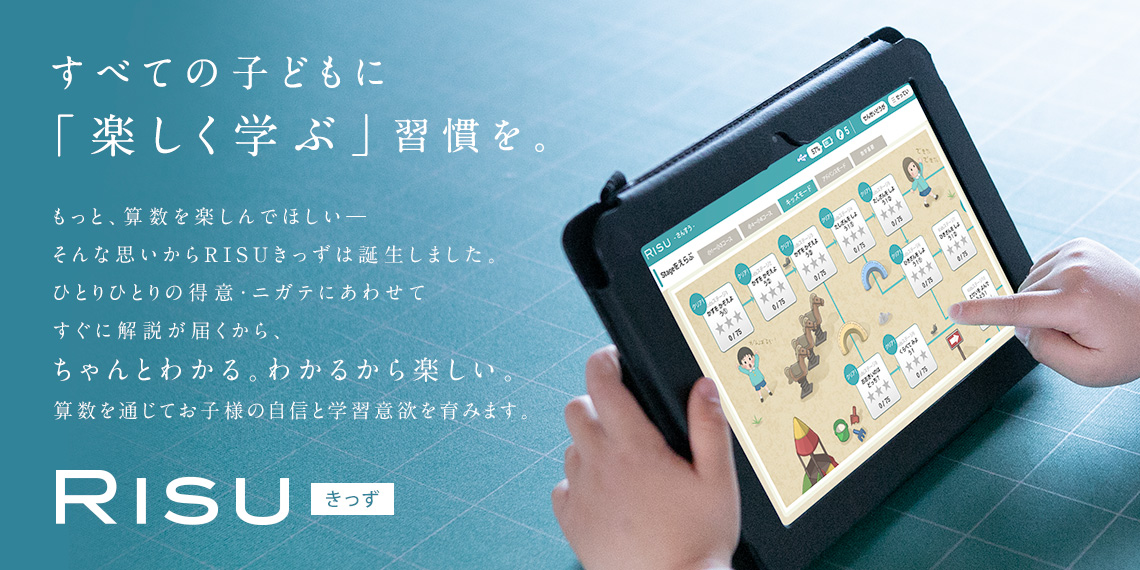
RISU KIZU top screen
Editorial:Can you tell us about RISU's unique "Grade Support System"?
Imaki:RISU Japan uses the following unique system to provide personalized support for your child's grades. First, all of your child's learning data is sent from the tablet to RISU Japan. This data is then analyzed by our proprietary system to determine the child's learning status, such as when he/she solved the problems, which problems, how long it took, what score he/she received, his/her level of proficiency, and any areas where he/she stumbled. Based on this data, our top university student tutors, including students from the University of Tokyo, send lesson videos to the tablet device that are appropriate for the child's situation, providing pinpoint support for any stumbling blocks in learning.
For children who need more detailed support or who are concerned about their progress, RISU Japan's university student tutors are always available to support their learning by e-mail or other means. In addition, inquiries about learning methods are accepted at any time, allowing for prompt follow-up.
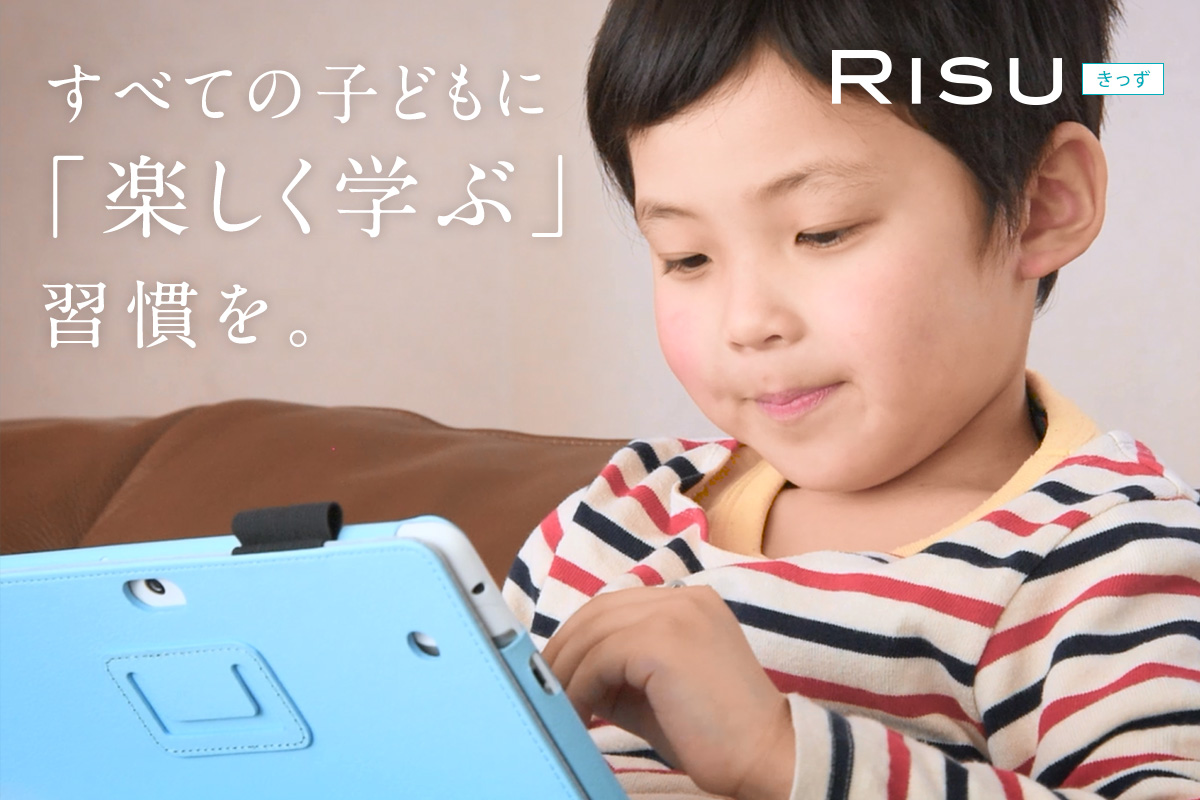
RISU KIZU" allows children to study according to their level of understanding.
Aim to develop the value of "I am good at learning" at an early age
Editorial:Please tell us how you developed "RISU KIZU".
Imaki:With the development of technology in recent years, the world has changed in many ways. However, only the policy of education has not changed much from the state of "all students progressing through the same material at the same speed. This situation led me to think, "Isn't there something we can do outside of schools?" and I decided to provide educational services. I originally worked for a consulting firm, where as a manager I had contact with a variety of members, and I experienced that the degree of a person's growth can change depending on how you treat them. That experience led me to develop an interest in "nurturing people.
And the reason why we developed "RISU KIKUZU" is because we believe that the most significant change in values in life occurs during childhood. It is during this period that various values that will greatly influence one's life are acquired. Therefore, we thought it would be a good idea to provide educational services during childhood, when it is easy to form values such as "I am good at learning," and we started "RISU KIKUZU.
One of the challenges we faced in developing the materials was deciding what age group to target. For example, 3-year-olds and 4-year-olds have very different levels of experience, which greatly affects the selection of appropriate teaching materials. We also did not know at first at what age children should be able to use tablets. Under these circumstances, we repeated a lot of tests and made improvements to the most suitable teaching materials for children, and finally settled on the current form. ......
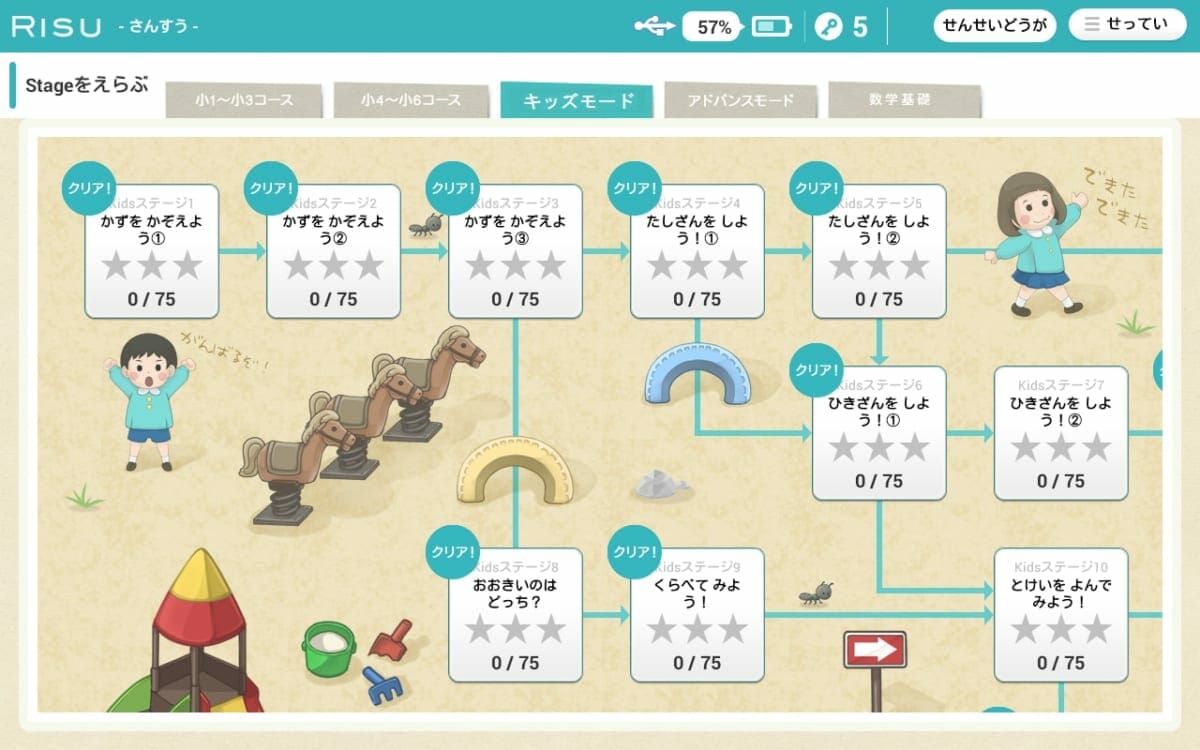
Example of what you can learn with RISU KIZU
Tailoring to "each learning situation" brings out the "motivation" of the child.
Editorial:How many people use "RISU KIZU"?
Imaki:Although we do not disclose the number of users externally, feedback from those who have used our services includes the following
I will also encourage them to continue to do even one question every day."
In this way, we have received favorable feedback for the "videos" that we send to children "when they stumble in their studies" or "when they try their best. RISU's problems are also well received by children who like to work hard and think on their own, since they can try harder and harder problems depending on their own efforts.
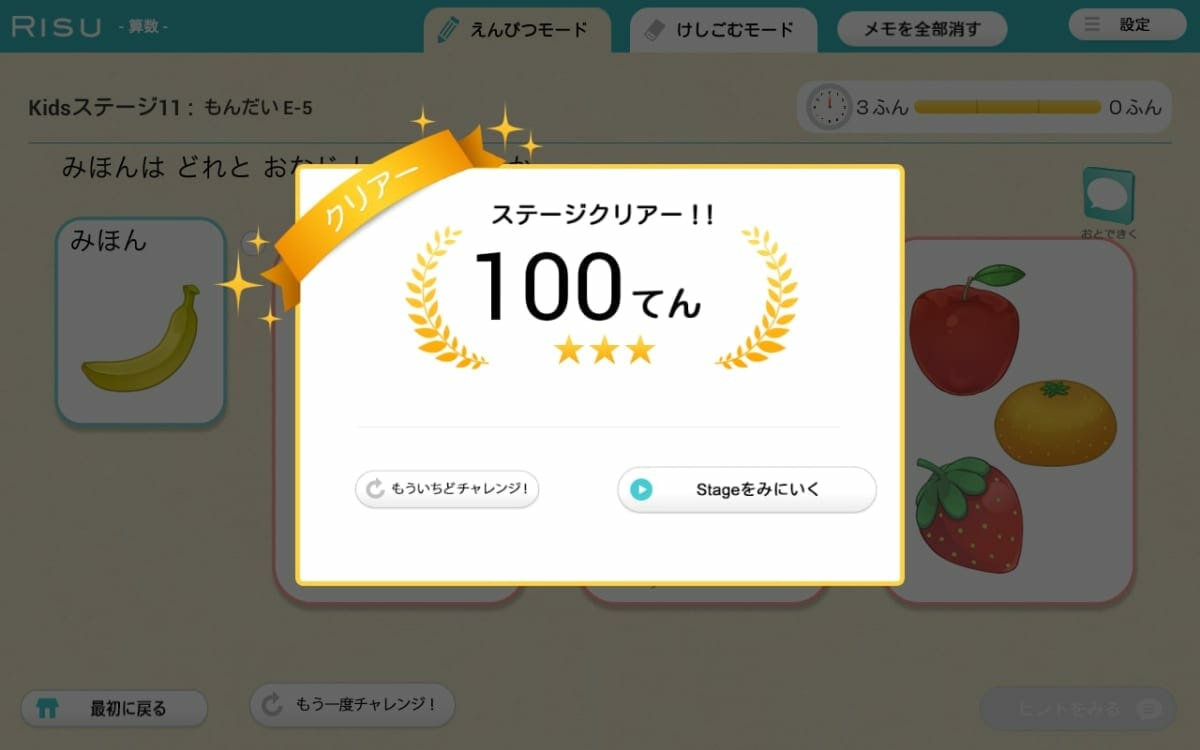
RISU KIZU" has various ideas to motivate children.
Actively incorporate overseas knowledge to further improve "online education
Editorial:Finally, please tell us about the future development of "RISU KIZU".
Imaki:Although we cannot give specific details, RISU is currently working on three business plans at the same time. One of them is likely to be "English" and we may prepare English content for preschoolers. As with our existing services, we intend to develop this service in the same way, using a scientific approach to make learning efficient but fun for children.
We are currently developing a service called "RISU USA" in Silicon Valley, but I feel that we have more to learn from overseas educational services than just being able to export our products overseas. In addition to Silicon Valley, it is China that will lead the world in education in the future, and I would like to actively incorporate the knowledge of China and explore new forms of "online education" in Japan.
After the interview
As is mentioned in the "STEAM education" that has been widely advocated in recent years, "mathematical literacy" is considered to be extremely important in the future. Familiarizing children with "math," the gateway to mathematics, from early childhood is a great way to kill two birds with one stone, as it also helps them acquire the ability to think logically. In fact, "English education," which is popular among parents, may become less important with the development of simultaneous interpretation and translation technology, and "mathematics education," which is more universally applicable, may be more important. Parents, especially those who suffered from "mathematics" during their school days, may want to consider this.
RISU Japan Corporation Official Website
https://www.risu-japan.com/
RISU KIZU" introduction homepage
https://www.risu-japan.com/kids.html

